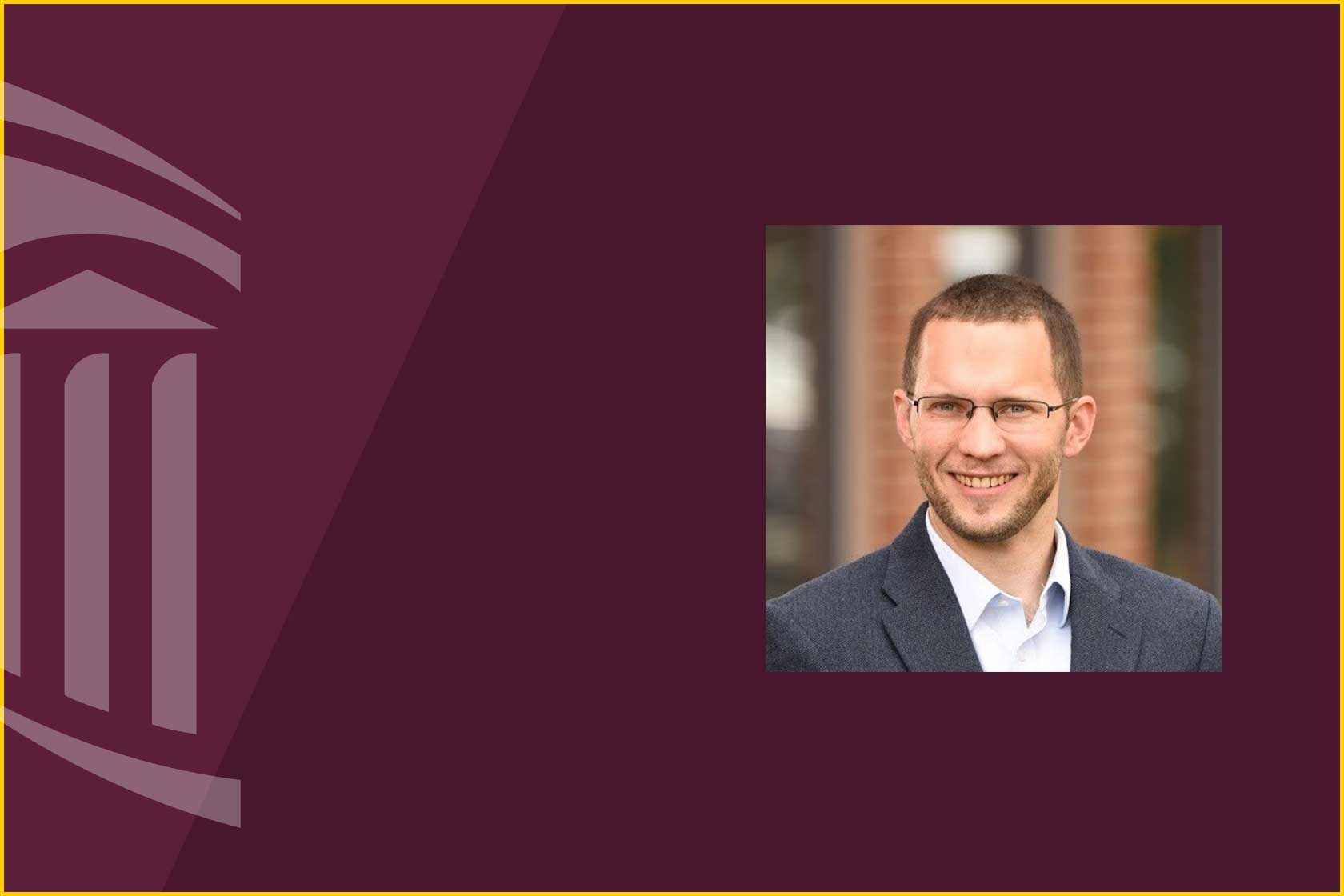In a field where innovation drives progress, Dustin E. Lee, a patent attorney in the Office of Technology Transfer at the University of Maryland, Baltimore (UMB) plays a crucial role in safeguarding groundbreaking discoveries. With a unique blend of engineering expertise and legal acumen, Lee ensures that intellectual property developed by university researchers is protected, paving the way for its commercialization.
Lee's career began in aerospace engineering, developing integrated robotics and material technologies. His pivot to law allowed him to merge technical precision with legal strategy. Today, he navigates complex patent landscapes, focusing on medical devices, software, and emerging technologies. His employer, the Office of Technology Transfer provides licenses for innovations developed by faculty, students, and staff from early-stage start-ups to industry giants. Their services include evaluating, patenting, and licensing intellectual property. Additionally, Lee manages UMB’s Medical Device Prototype Lab available to UMB’s innovators providing a fully-equipped and staffed technology development lab capable of producing physical and testable medical device prototypes. During an interview, Lee reflected on the dynamic nature of IP law and shared insights into how recent court decisions are shaping the field along with some advice to young legal professionals.
Patent Law in Flux
In a conversation about the evolving nature of patent law, the question arose: has patent law always experienced significant Supreme Court decisions shaping the field, or is this a newer phenomenon akin to the recent transformative shifts in administrative law?
Lee responded that “unlike the sharp changes seen in administrative law due to recent Supreme Court rulings, patent law’s evolution has always been under a steady progression, shaped by a continuous stream of cases and technological innovation.” Supreme Court decisions, such as Thaler v. Vidal and Amgen v. Sanofi, exemplify how the field adapts to emerging challenges like artificial intelligence and biotechnology. These cases guide attorneys in refining strategies to protect intellectual property and balance the complexities of innovation.
For university-driven technologies, particularly those emerging from early-stage research, these legal frameworks are especially relevant. Strategic timing of patent filings, addressing enablement challenges, and aligning IP strategies with commercialization goals remain crucial. The ever-developing nature of patent law ensures that practitioners must stay agile, leveraging both legal precedent and technical expertise to secure robust protections for groundbreaking innovations.
Lee recently contributed to the Journal of Business and Technology Law’s Digital Blog with an article entitled “Recent Case Law Impacting Early-Stage IP Protection.” The article summarizes recent case decisions that impact the early-stage protections and can be found at the bottom this article.
Advice to Aspiring Legal Professionals
Reflecting on his journey from engineering to patent law, Lee shared what he would emphasize if he were back in law school: the importance of versatility in communication. For Lee, mastering the ability to adapt one’s writing and presentation style to different audiences is not just a useful skill but a critical one.
He explained that whether drafting a patent application, composing client advice, or constructing an appellate brief, each requires a unique approach tailored to its audience’s needs and expectations. Lee’s engineering background taught him precision and technical clarity, but law demanded a pivot—learning to translate complex ideas into persuasive arguments or actionable advice, depending on the situation.
For law students aspiring to practice in intellectual property or any specialized field, Lee recommends seeking opportunities to refine this adaptability. Participation in clinics or internships provides invaluable hands-on experience in tailoring communication styles. He believes that developing this skill early not only enhances professional effectiveness but also builds the confidence to navigate the distinct challenges of legal practice. By sharpening this skill of audience-specific communication, Lee emphasizes, future attorneys can set themselves apart and prepare for the dynamic demands of a legal career.
Link to https://www.umdlawjbtl.net/blog/recent-case-law-impacting-early-stage-ip-protection

